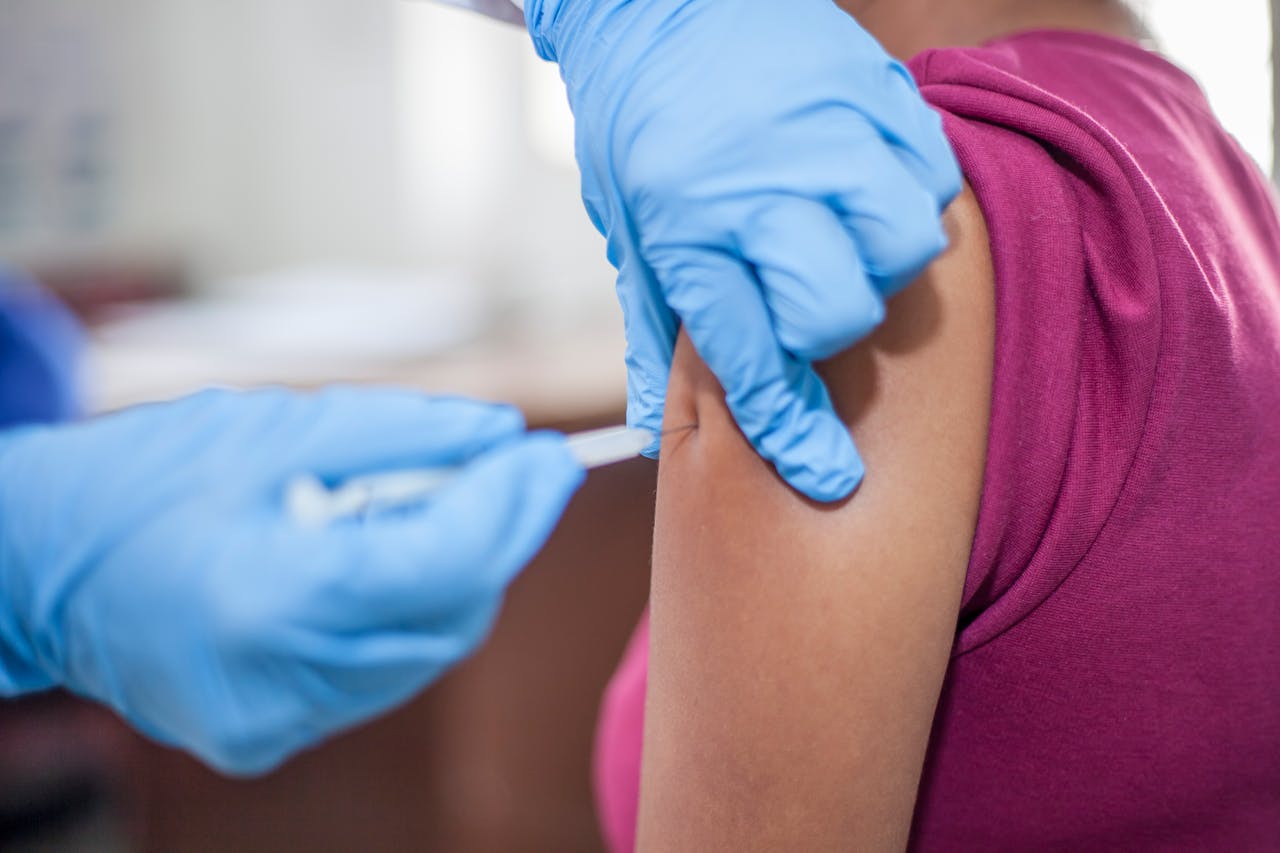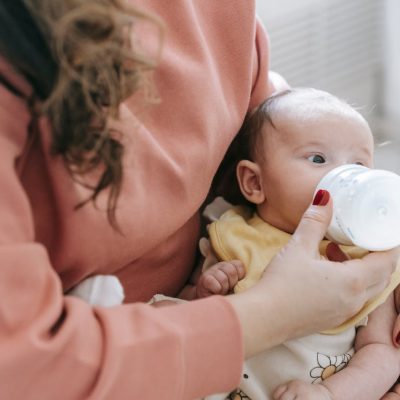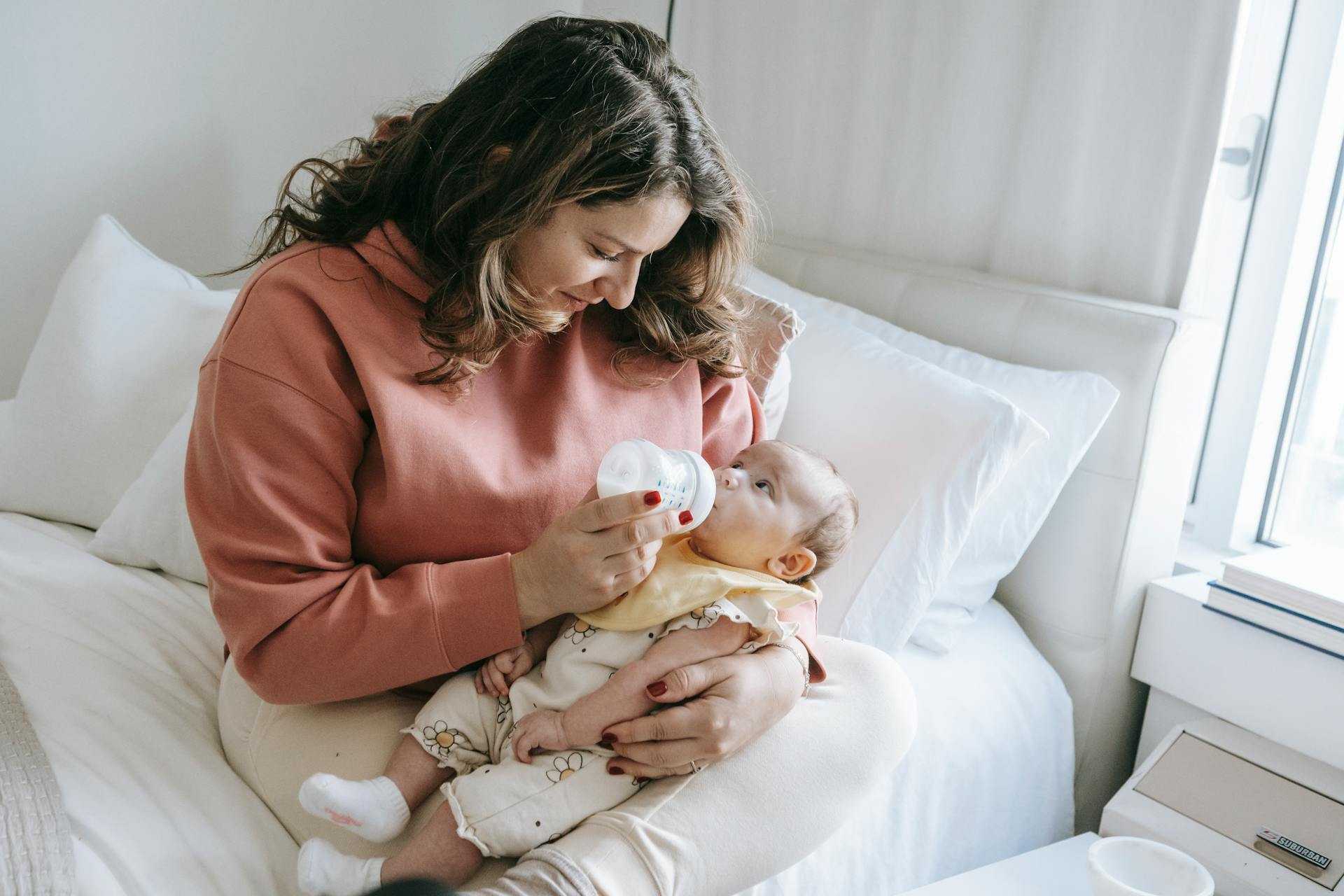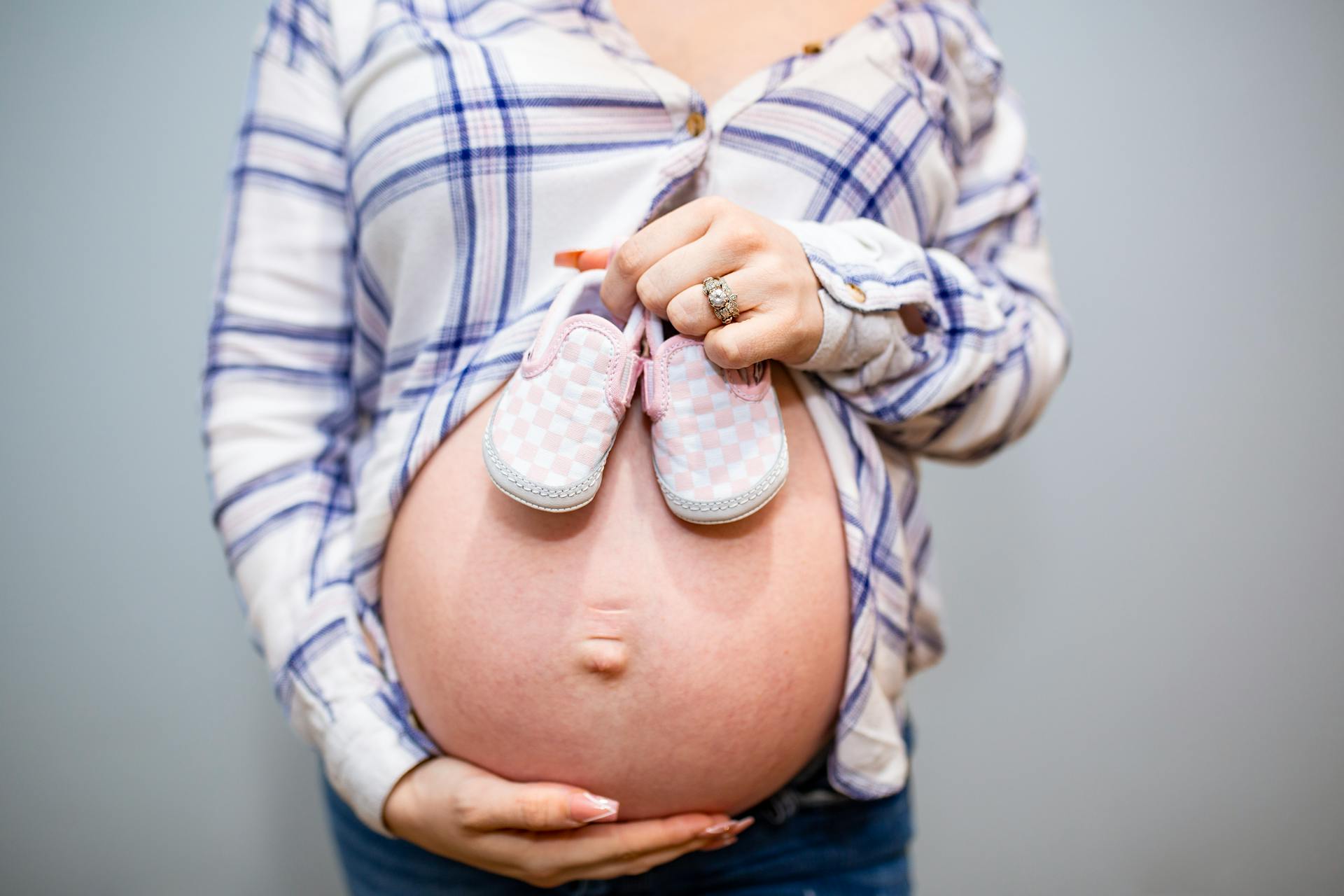If you’re expecting, you might be hearing more and more about the RSV vaccine in pregnancy—a breakthrough approach to protect infants from a serious respiratory virus. Respiratory syncytial virus (RSV) is a leading cause of hospitalizations and even deaths among infants worldwide. Thankfully, recent research and vaccine developments are offering new hope.
This article gives you a friendly and informed overview of maternal RSV vaccination as of mid-2025—covering current recommendations, emerging vaccine technologies, global rollout prospects, and cutting-edge innovations in the pipeline. Let’s explore!
Why Maternal RSV Vaccination Matters
Babies under 6 months old are especially vulnerable to RSV. Since we can’t fully vaccinate them directly right away, giving the vaccine to pregnant people is an ingenious workaround: it allows protective antibodies to pass through the placenta to the baby. This passive immunity can reduce severe RSV outcomes during those precious early months.
In a global context, where RSV causes 3.6 million hospitalizations and around 100,000 deaths annually in children under five—with many cases in infants under six months—the stakes are high. Maternal RSV vaccination could be a life-saving public health measure worldwide.
What Research & Guidelines Say—Right Now
1. WHO’s 2025 Milestone
In March 2025, the WHO prequalified the first maternal RSV vaccine, making it eligible for use in low- and middle-income countries through partnerships with UNICEF and Gavi. This achievement opens the door to global expansion of this lifesaving vaccine.
2. Global Immunization Strategy
WHO has published key recommendations advocating for a two-pronged immunization strategy:
- Maternal RSV vaccination during the third trimester.
- Infant administration of long-acting monoclonal antibodies (e.g., nirsevimab) at birth or as RSV season begins.
3. U.K. Program: RSV Vaccination from 28 Weeks
In the UK, starting September 2024, pregnant individuals are being routinely offered RSV vaccination from 28 weeks of gestation until delivery. This ensures enough time for developing and transferring protective antibodies before birth.
4. Research on Best Week to Vaccinate
A 2024 study from Mass General Brigham and Mount Sinai found that giving the RSV vaccine at least five weeks before delivery—usually around 32 weeks gestation—yields the highest antibody transfer to infants. Vaccination near delivery (2–3 weeks before) resulted in lower antibody levels.
5. Real-World UK Impact
New NHS data from England and Scotland shows that maternal RSV vaccination significantly lowered hospitalization rates in newborns—up to a 72% reduction if mothers received the vaccine at least two weeks before delivery.
What’s Brewing in Vaccine Development?
Beyond current vaccines, the RSV landscape is evolving fast:
1. mRNA-Based Vaccines in Development
- Moderna’s mRNA-1345 (mRESVIA) is already approved for adults 60+ and has promising Phase 3 data. Broader age approvals could include pregnant individuals soon.
Reddit+1 - AIM Vaccine’s mRNA RSV candidate is in early-stage development with strong preclinical results.
GlobeNewswire
2. Combination Vaccine Strategies
- Clover Biopharmaceuticals is testing RSV boosters and combo vaccines (RSV + hMPV + potentially PIV3).
- Sanofi plans a combo RSV/hMPV vaccine using molecular clamp techniques, aiming for stability and storage ease. Sanofi is expanding its RSV pipeline further by acquiring Vicebio, which brings promising RSV vaccine candidates for both RSV and hMPV.
3. Monoclonal Antibody Expansion
- Clesrovimab (Enflonsia) from Merck has shown excellent protection and long half-life, offering single-dose, season-long RSV defense for babies. It’s in Phase III trials.
4. Access & Equity Efforts
Industry trials are increasingly focused on low- and middle-income countries, with Sanofi’s intranasal RSV vaccine (SP0125) designed for easier delivery where resources are limited.
5. AI-Driven Vaccine Design
Artificial intelligence and machine learning are paving the way for smarter vaccine design—enabling faster antigen selection and more effective formulations. This emerging methodology is set to revolutionize vaccine R&D, including RSV.
Putting It All Together: Practical Takeaways
- Optimal Timing: Aim for vaccination around 32–34 weeks gestation, allowing roughly five weeks before delivery for maximal antibody transfer.
- Personalized Timing: Depending on your country’s RSV season, early 3rd trimester vaccination may offer the best protection window.
- Expanding Choices: Soon, more maternal vaccines—mRNA-based and combination formats—could offer even better protection options.
- Global Impact: With WHO prequalification and Gavi support in motion, maternal RSV vaccination may soon be accessible to many more mothers worldwide.
- Equitable Protection: Innovations like intranasal vaccines and affordable monoclonal antibodies are key to bridging global health divides.
Final Thoughts: The Future Looks Bright
The RSV vaccine in pregnancy isn’t just a novel medical advance—it’s a milestone in shielding the youngest and most vulnerable among us. As of 2025, systems are in place for safe and effective maternal vaccination, and the research pipeline promises even more accessible and potent options.
Whether you’re expecting or care for someone who is, setting up vaccination around week 32 can significantly reduce RSV risk in newborns. And for clinicians and policymakers, keeping an eye on emerging RSV technologies and equitable distribution strategies will be critical in optimizing infant health worldwide.
FAQs About the RSV Vaccine in Pregnancy
1. What is RSV and why is it dangerous during pregnancy?
Respiratory Syncytial Virus (RSV) is a common virus that can cause serious respiratory illness, especially in newborns and older adults. Pregnant individuals are advised to consider vaccination because maternal antibodies can protect newborns during their first vulnerable months.
2. Is the RSV vaccine safe during pregnancy?
Yes. Clinical trials and post-approval monitoring have shown that the approved RSV vaccine for pregnant women is generally safe when given within recommended timeframes. Side effects are usually mild, such as soreness at the injection site, fatigue, or mild fever.
3. When is the best time to get the RSV vaccine in pregnancy?
The optimal window is typically between 32 and 36 weeks of pregnancy, allowing enough time for antibody transfer to the baby before birth. However, timing may vary depending on local health guidelines and RSV season in your area.
4. Can the RSV vaccine be given with other vaccines during pregnancy?
Yes, in most cases the RSV vaccine can be administered alongside other recommended vaccines like Tdap or flu shots. Your healthcare provider will decide the safest and most effective schedule.
5. How long does RSV protection last for the baby?
Maternal antibodies passed to the baby can provide protection for approximately the first 3 to 6 months after birth, which is when infants are most at risk for severe RSV disease.
6. Are there any babies who might still need extra RSV protection after birth?
Yes. Babies born prematurely or with certain medical conditions (such as chronic lung disease or heart defects) may still be eligible for additional preventive treatments, even if the mother received the RSV vaccine.
7. Is the RSV vaccine available everywhere?
Availability varies by country and healthcare system. In some regions, the vaccine is part of standard prenatal care during RSV season, while in others it might be offered only in high-risk cases.
















